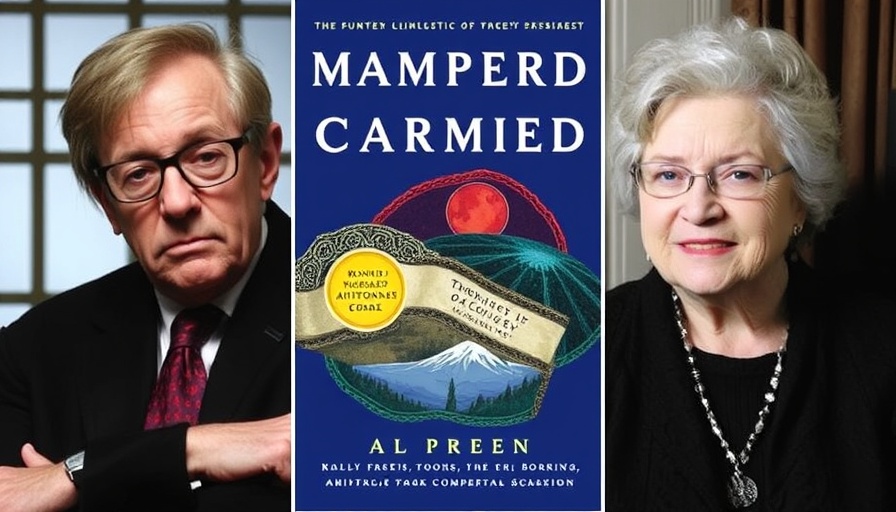
The Decline of a Giant: Howard Stern's Transformative Journey
Once heralded as the "King of All Media," Howard Stern carved a unique niche for himself in the landscape of American radio, particularly through his reign at Sirius XM. His controversial and boundary-pushing antics not only attracted millions but also sparked conversations around freedom of expression. However, as the podcasting phenomenon continues to rise, Stern faces the harsh reality of a shrinking audience and competition from dynamic alternatives.
Shifts in Media Consumption: From Radio to Podcasts
As listeners increasingly turn to podcasts—often viewed as fresher and more intimate alternatives to traditional radio—it’s crucial to analyze the changing dynamics of media consumption. Stern’s initial appeal came from his ability to say the unsayable in an era dominated by rigid broadcasting rules. Now, with the podcasting boom, where intimate storytelling and niche topics flourish, many listeners are straying from conventional satellite offerings. Demand for raw, relatable content which echoes listeners' own experiences grows stronger, leading to a new generation of podcasters attracting a loyal following.
The Impact of Cultural Shifts on Audience Engagement
Stern’s once formidable persona has been critiqued for becoming more mainstream and less provocative over time. Critics assert that his recent content has waned in sharpness as societal norms evolve. The media landscape is no longer just about shock value; it's also about relatability and authenticity. What once worked for Stern, particularly in the edgy 90s, may not resonate today in a world that increasingly values connection over controversy.
Understanding the Audience: A New Generation's Preferences
For digital nomads and younger audiences, the allure of podcasts is multifaceted. They offer versatility—listeners can tune in anywhere, from bustling cafes to serene beaches. Moreover, podcasts often provide insights into various cultures and global narratives, aligning perfectly with the nomadic lifestyle. This starkly contrasts with Stern’s style, which, while innovative in its heyday, may not fulfill the evolving expectations of a podcast-driven society.
The Future of Stern and Satellite Radio
As Howard Stern’s high-profile contract approaches its end, whispers of an uncertain future spread. The question that lingers is whether he can adapt to the current landscape or if it is time to pass the torch to a new generation of content creators. If Stern opts to continue, he will need to embrace the evolving norms and preferences of today’s listeners. Satellite radio, once a revolutionary platform, risks becoming irrelevant unless it can successfully compete with the personalized appeal that podcasting provides.
Final Insights: The Value of Competing Narratives
The story of Howard Stern serves as a powerful illustration of how media evolution can impact even the most established figures. For the digital nomad, understanding such narratives holds value well beyond the world of entertainment. It emphasizes the need for adaptive strategies in the face of changing trends—whether in media, travel, or our broader cultural landscape. As the landscape continues to shift, valuing diverse voices and forms of communication will become paramount.
While Howard Stern’s legacy is undeniably influential, the future of audio entertainment is bright with possibilities for emerging voices who are ready to challenge the status quo and engage listeners in unprecedented ways. The rise of alternative forms of media invites audiences to re-evaluate their consumption habits and the impact these narratives have on their worldviews.
 Add Row
Add Row  Add
Add 




Write A Comment